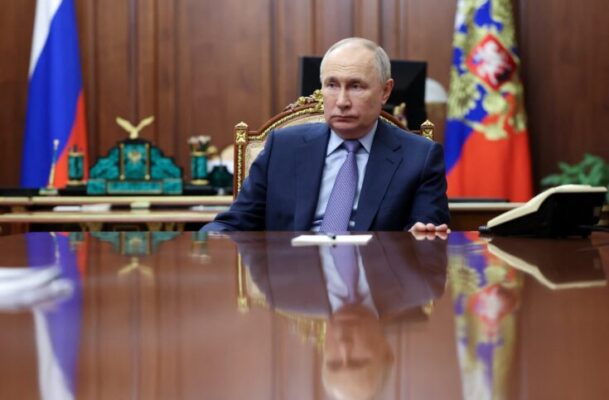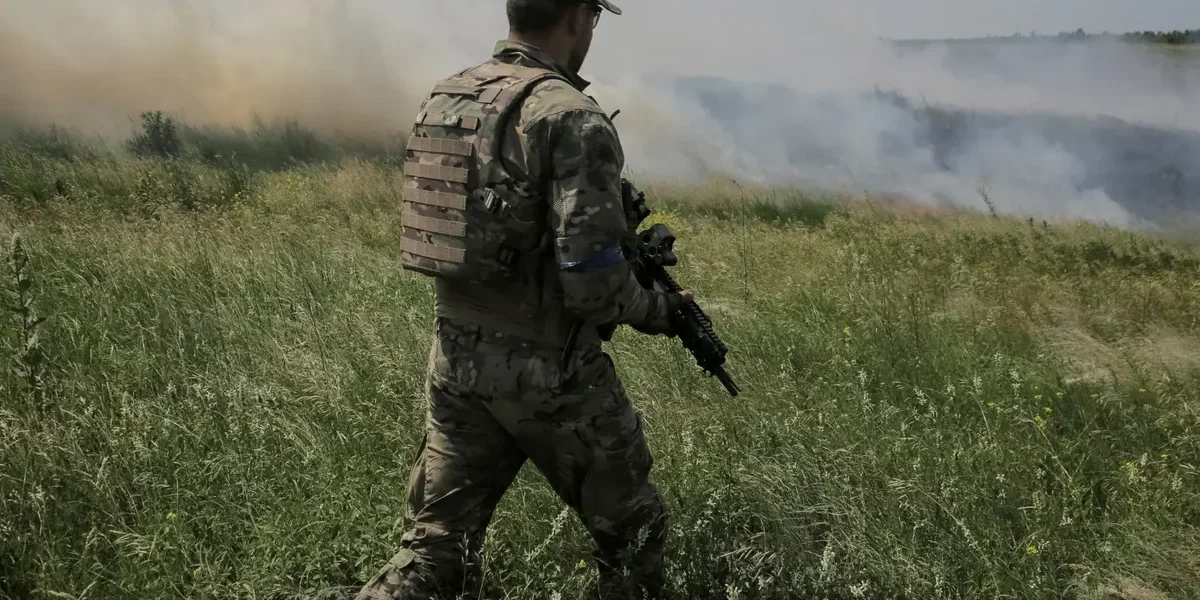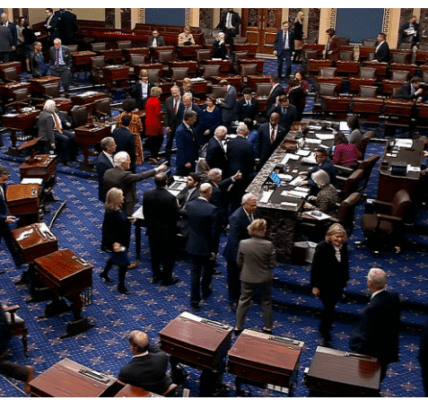- Homepage
- World Affairs
- U.S. Aid to Ukraine: A Strategic Imperative Amid Rising Tensions
U.S. Aid to Ukraine: A Strategic Imperative Amid Rising Tensions
As Congress moves to pass significant support, experts emphasize the necessity and impact of continued assistance in the face of Russian aggression.
In a significant development in U.S. foreign policy, the House of Representatives passed a broad foreign aid spending bill on Saturday, which allocates a considerable sum to support Ukraine in its ongoing conflict against Russian forces. The bill, which includes a total of $95 billion in aid for various countries including Israel and Taiwan, earmarks $60 billion specifically for Ukraine. This comes at a critical juncture as Ukrainian forces face intensified pressures on the battlefield after two years of grueling conflict.
The Kremlin has vocally criticized the American financial support, with Foreign Ministry spokesperson Maria Zakharova warning that the U.S.’s deepening involvement could lead to a “loud and humiliating fiasco,” reminiscent of past American military engagements such as in Vietnam and Afghanistan. Despite these warnings, the sentiment in Washington, as reflected in the bipartisan support for the aid package, underscores a recognition of the strategic necessity to support Ukraine in its resistance against Russian aggression.
The decision to bolster Ukraine with additional aid is propelled by a combination of tactical necessity and geopolitical strategy. CIA Director William Burns highlighted the dire situation on the ground, noting that Ukrainian forces are perilously close to running out of arms, which would leave them vulnerable against the advancing Russian military. The supplemental assistance is seen not only as a means to sustain the Ukrainian military efforts but also as a critical component in preventing Russia from dictating the terms of any potential political settlement.

Burns emphasized the dual benefits of the aid—practical and psychological. Practically, it ensures the continued supply of essential military equipment and supplies that Ukrainian forces need to maintain their defensive and offensive operations. Psychologically, it bolsters the morale of both the Ukrainian troops and the public, reinforcing the narrative that Ukraine is not alone in its fight and that the international community, led by the U.S., remains committed to supporting its sovereignty.
U.S. Strategic Interests and Global Stability
The aid to Ukraine represents more than just a financial commitment—it is a manifestation of the U.S.’s broader strategic interests. Unlike Vietnam and Afghanistan, where the U.S. had extensive troop involvements, the support for Ukraine is primarily through material and financial aid. This approach minimizes direct U.S. exposure while enabling a beleaguered ally to defend itself against a larger aggressor, thus maintaining a balance of power in the region.
The U.S.’s support for Ukraine also serves as a deterrent against further Russian expansionism and a message to other potential aggressors that geopolitical boundaries and international law are backed by the force of global consensus. This is crucial in preserving not just regional but global stability, as unchecked aggression could lead to wider conflicts, disrupting international order and economic stability.
Congressional Support and International Repercussions
The broad support for the aid package in Congress reflects an understanding of these stakes. It also showcases a significant alignment among American lawmakers who, despite differing on various issues, recognize the importance of a robust response to global conflicts impacting U.S. interests. The Senate is expected to pass the measure, which President Biden has indicated he supports, signaling a strong unified stance.

Internationally, the U.S. aid to Ukraine serves as a cornerstone for NATO’s strategy in Eastern Europe, enhancing the alliance’s eastern flank against potential Russian advances and reinforcing NATO’s collective defense posture. It also sends a strong signal to other nations under threat from larger powers, such as Taiwan, that strategic alliances matter and can be pivotal in deterring or countering acts of aggression.
Read More News:
- The Exodus from Florida to Southern Appalachia: Boomers Seek Refuge from Extreme Weather
- China’s Expansion of State Secrets Law: Implications and Analysis
As the situation in Ukraine continues to develop, the U.S.’s role as a provider of aid is crucial. This support is not merely a reflection of diplomatic preferences but a fundamental aspect of contemporary global strategic dynamics. By backing Ukraine, the U.S. not only affirms its commitment to democratic ideals and international law but also positions itself as a key player in shaping the geopolitical landscape of the 21st century, ensuring that it remains a guarantor of stability and security in an increasingly uncertain world.




